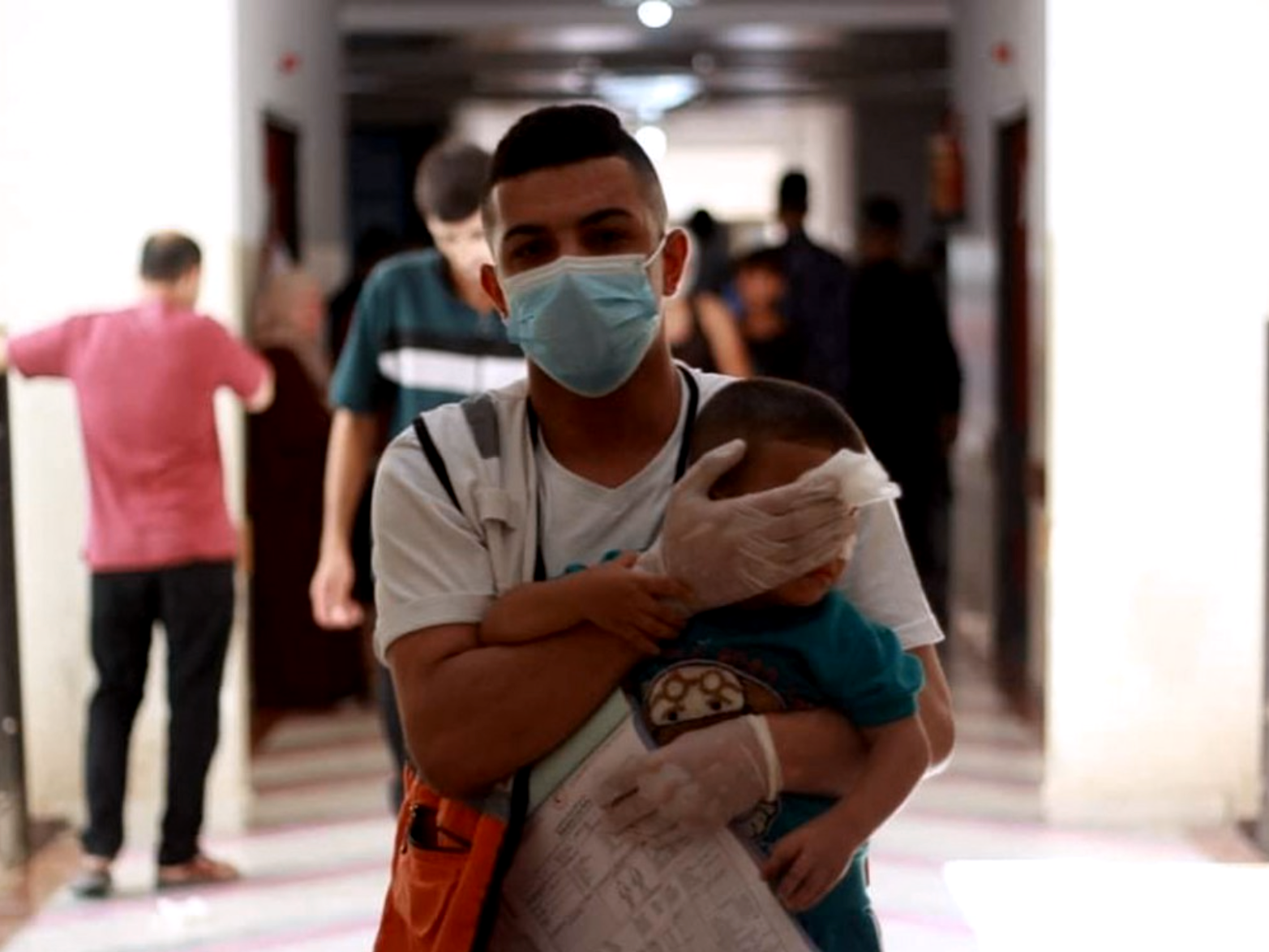Leaders at the World Economic Forum's annual meeting called for a universally recognized Palestinian nation and normalized Israel-Saudi Arabia ties, hoping to bring peace to Gaza and boost regional security.
Yet the way forward – and the prospect of a ceasefire between Israel and Hamas militants – remained uncertain as leaders left the Swiss resort town of Davos on Friday, after a week of discussions dominated by wars in Gaza and Ukraine, artificial intelligence and a year of consequential elections.








